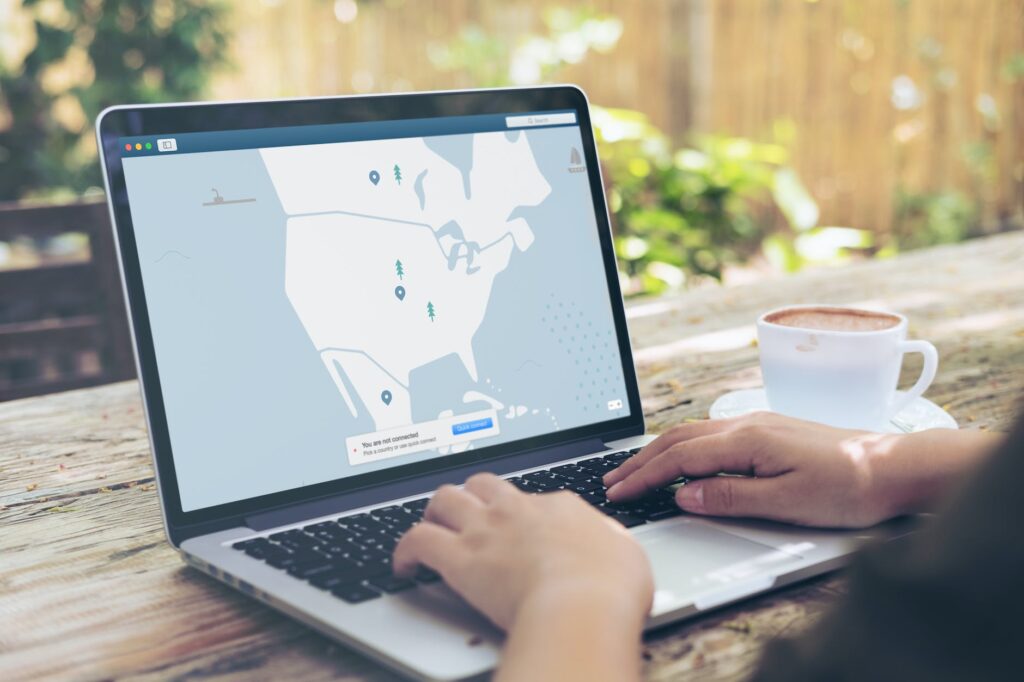Strengthen Your Android’s Defense Against Cyber Threats in 2024
In today’s ever-evolving digital landscape, securing your Android device against cyber threats has become crucial. With an expected surge in cyberattacks, arming yourself with the right knowledge and tools is key to safeguarding your personal and sensitive data. Keep reading to discover the top five essential ways to protect your Android from cyber threats in 2024.
Keep Your Software Updated
Ensuring your Android device runs on the latest software version is fundamental for security. Software updates often include patches for security vulnerabilities that hackers may exploit. Make it a habit to regularly check for and install updates for both the Android operating system and any apps you use.
Install a Reliable VPN
A Virtual Private Network (VPN) encrypts your internet connection, making it one of the best defenses against cyberattacks. By masking your IP address, a VPN ensures your online activities remain private from prying eyes. Among the top recommended VPN services are NordVPN, Surfshark, and AtlasVPN. These VPNs offer military-grade encryption, ensuring that your personal data is protected, whether you’re on a public Wi-Fi network or at home.
Use Strong and Unique Passwords
Using strong, unique passwords for every account is an essential step in protecting your Android from cyber threats. Cybercriminals often exploit weak passwords to gain unauthorized access to your personal data. Consider using a password manager to generate and store complex passwords securely.
Enable Two-Factor Authentication
Two-Factor Authentication (2FA) adds an extra layer of security by requiring two forms of verification before you can access your accounts. This often involves a combination of something you know (like a password) and something you have (such as a mobile device). Enabling 2FA can significantly reduce the risk of unauthorized access.
Be Cautious of App Permissions
Before downloading an app, review the permissions it requires and ensure they align with the app’s functionalities. Some apps request unnecessary permissions that can lead to potential security risks. Always download apps from trusted sources like the Google Play Store to minimize the risk of exposure to malicious software.
FAQ
How can a VPN help protect my Android device?
A VPN helps protect your Android device by encrypting your internet connection, thus concealing your IP address and safeguarding your online activities from potential cyber threats, particularly on unsecured networks.
Is it safe to use public Wi-Fi with a VPN?
Using a VPN while on public Wi-Fi is a safe practice. A VPN encrypts your data, making it difficult for cybercriminals to intercept your information even on insecure networks.
What if an app asks for permissions I’m uncomfortable with?
If an app requests permissions that seem unnecessary for its functionality, reconsider downloading it. Always research and select apps from reputable sources to minimize security risks.
Can I automate software updates on my Android device?
Yes, you can automate software updates on your Android device by enabling auto-update in the Google Play Store settings under “Settings > Network Preferences > Auto-update apps.”
By implementing these strategies, you create a robust defense system for your Android device, effectively insulating it against cyber threats. For additional security, consider integrating one of the recommended VPN services to further enhance your online privacy and protection.



